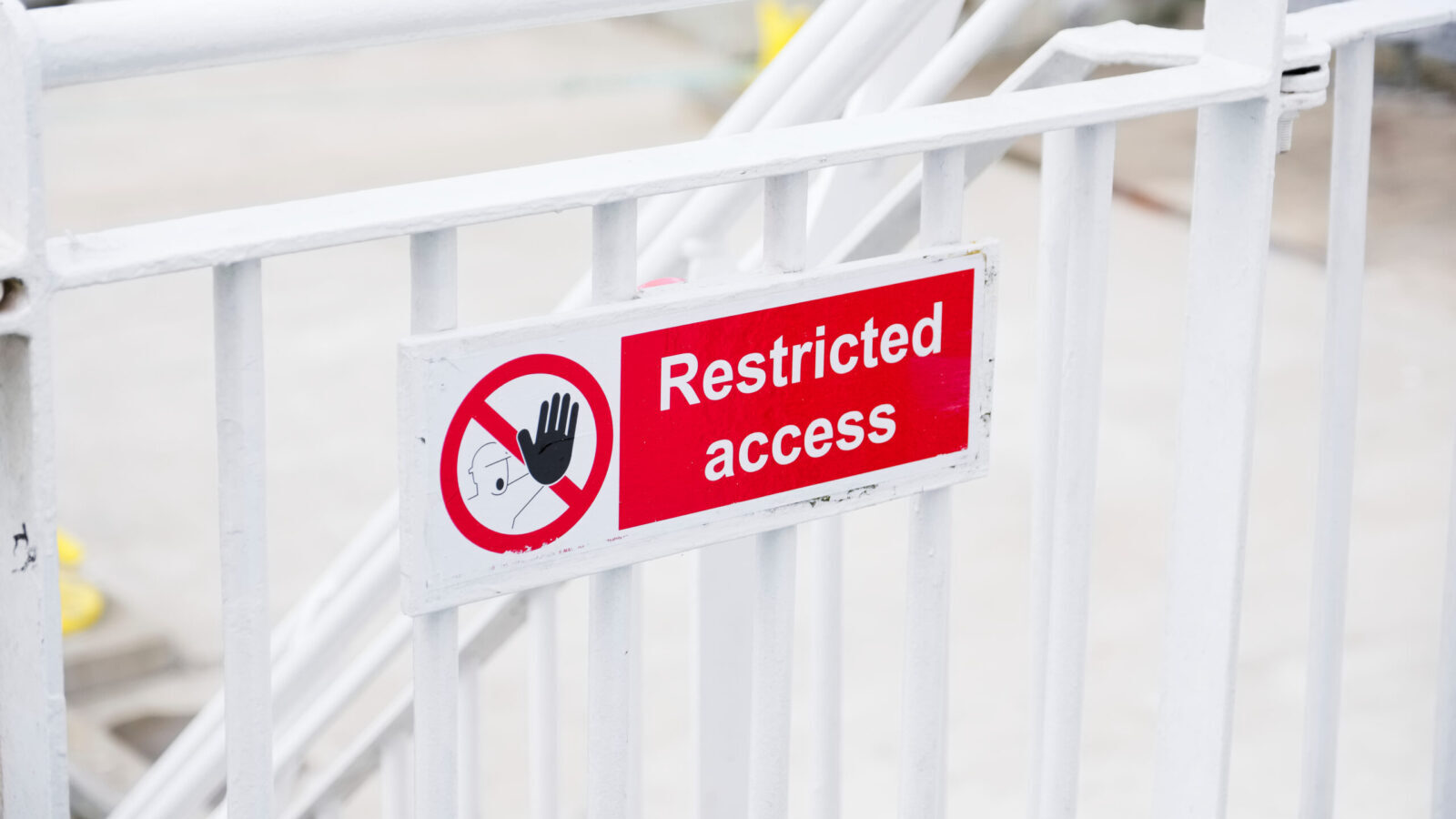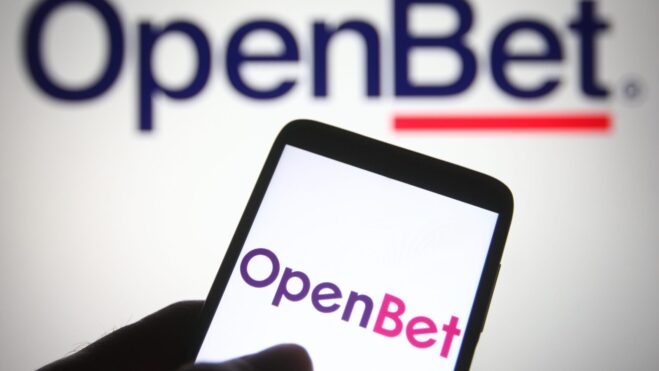Bovada’s U.S. Footprint Continues To Shrink Amid Regulatory Crackdown
Connecticut and D.C. join the list of jurisdictions where the offshore operator is unavailable
2 min

Bovada, one of the earliest offshore online sportsbooks to make itself available to U.S. gamblers, is facing increasing pressure from state regulators as it operates without a U.S. gaming license. The list of jurisdictions that have ordered it to shut down is growing, and the operator recently pulled out of two more, as first reported Monday by gaming industry journalist Robert Linnehan.
Bovada has restricted customer access in Connecticut, where the Department of Consumer Protection issued a cease-and-desist order to Harp Media B.V., Bovada’s parent company, on June 14.
And the same has happened in Washington, D.C., where the expanding regulated online sports betting market now includes major players FanDuel, BetMGM, Caesars, and DraftKings. However, there’s no official indication that D.C. sent Bovada a cease-and-desist letter, as did the other states.
These two jurisdictions join a list that has rapidly expanded over the past few months. Besides Connecticut and D.C., Nevada, New Jersey, New York, Maryland, Delaware, Michigan, Colorado, and West Virginia have ordered Bovada to leave.
Bovada holds a gaming license from Curaçao, but this is not recognized as valid in the U.S. And as more states establish legal and regulated online gambling frameworks, the tolerance for unlicensed operators is diminishing.
More states likely to follow suit
The list of prohibited states will likely continue to grow. The Massachusetts Gaming Commission has already publicly stated its intention to investigate the possibility of sending Bovada a similar cease-and-desist order.
Additionally, Christopher Hebert, the newly appointed head of the Louisiana Gaming Control Board, is expected to take a firm stance against unlicensed operators.
While Bovada has managed to operate in the U.S. for years, the landscape is rapidly changing. With more states legalizing and regulating online gambling, the potential financial penalties and reputational damage associated with operating without a license are significant risks.
This tightening of regulations is presented as part of a concerted effort to protect consumers and ensure that the burgeoning sports betting market operates within the bounds of state laws, which are designed to safeguard the integrity of gaming activities and ensure fair play. By enforcing these regulations, states aim to channel the economic benefits of sports betting, such as tax revenue and job creation.
Pull out before it’s too late
The implications for Bovada’s customers in the U.S. are significant. Those who reside in states where Bovada has been prohibited face the immediate impact of losing access to what may be their preferred online sportsbook. Bovada has been advising customers in restricted states to contact customer service for information or to arrange withdrawals, many of which will occur using cryptocurrency.
The shift toward stricter enforcement of online gambling laws means that customers will need to transition to licensed operators if they wish to continue betting online. This involves opening new accounts with different sportsbooks, verifying identities and locations according to state laws, and adapting to different betting platforms and odds.
In the broader context, the regulatory actions against Bovada will undoubtedly catalyze a shift in the online sports betting market in the U.S. As states expand their legal sports betting offerings and enforce regulations, the market will see greater consolidation around licensed operators, which may offer more security and reliability for customers. This could also lead to improvements in consumer protection, responsible gaming measures, and potentially, a more competitive market with better services and offers for bettors.
For the industry as a whole, Bovada’s situation is a clear message that compliance with state regulations is non-negotiable. It highlights the potential consequences for operators that disregard the legal requirements of each state, which could levy hefty fines or permanently ban operators from receiving a license in any state.





